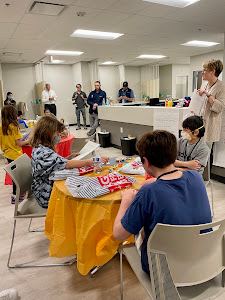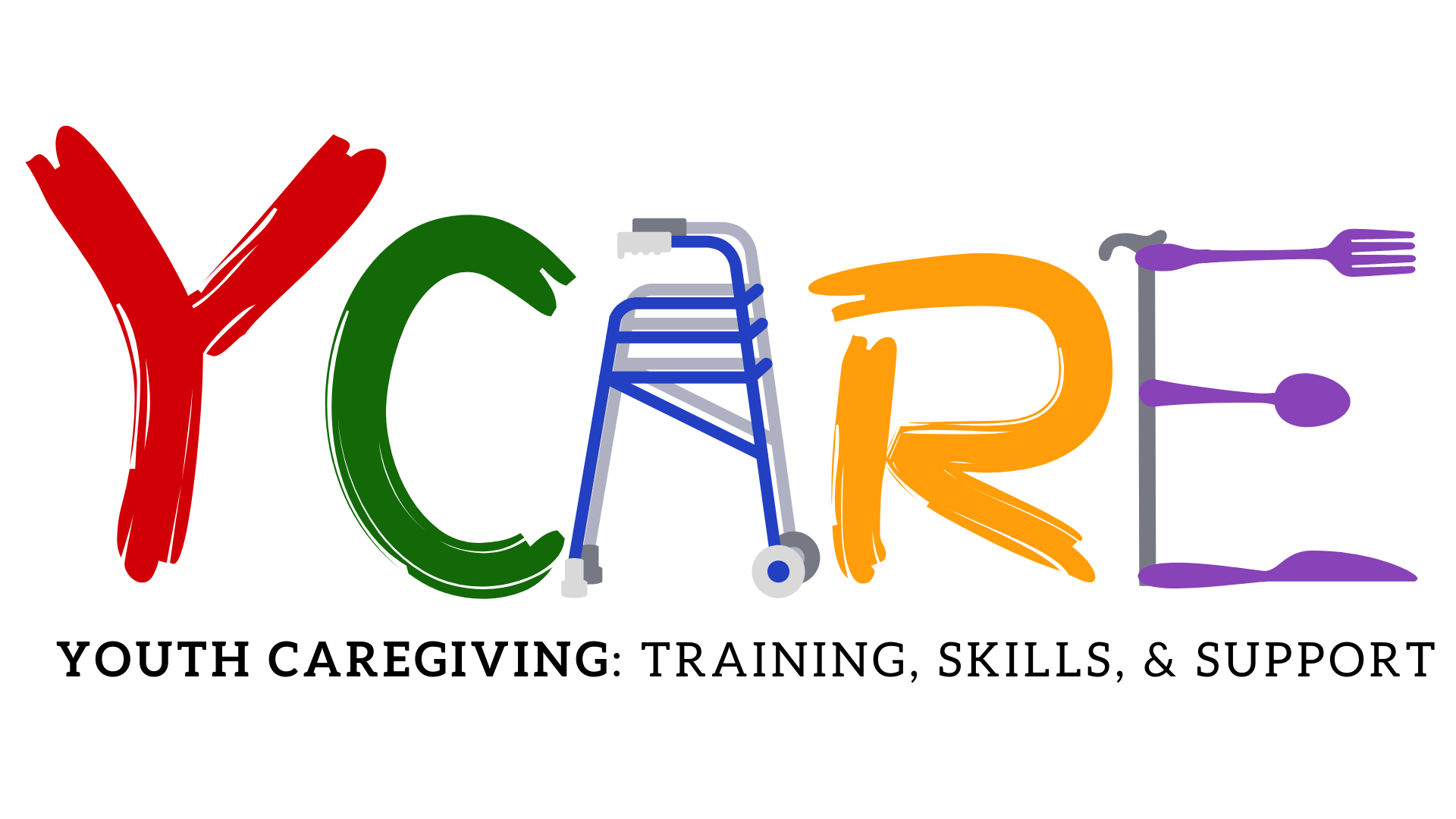Children and youth are caregivers:
Well over 6 million children and youth between the ages of 8-18 in the U.S. provide care to an ill family member and are considered “young caregivers” or “young carers.”
Young caregivers are involved with the activities of daily living (ADLs) and instrumental activities of daily living (IADLs), which include managing complex assistive devices, feeding, bathing and toileting. They are tasked with the same kinds of caregiving as adults.
Young carers provide care for a parent, grandparent, sibling – in both civilian and military connected communities
Kids do tasks without training:
- Young carers have little training
- Young carers need acknowledgment and support, specifically asking for information, advice and hands-on assistance with caregiving.
- Young carers rely on “common sense,” “watching and observing,” and relying on the person with the illness to guide the care provided.
- Research indicates that 57% of adult caregivers perform medical nursing tasks, almost all of whom also provide ADLs and IADLs, yet most of these caregivers complete tasks with little training or preparation.
Benefits of YCare:
- Designed specifically for young caregivers, YCare improves self-efficacy, social support and health-related quality of life.
- YCare expands the caregiving science paradigm to include children and youth, looking at the issues of child well-being through a different lens.
- YCare focuses on (1) identifying current and potential tasks and skills undertaken by youth; (2) teaching caregiving skills to youth, creating a self-management trajectory; (3) engaging with and receiving support from “like” youth; and (4) increasing self-efficacy and health-related quality of life over time.
YCare Provides:
- Peer support
- Training
- Confidence
- Engagement with professionals

